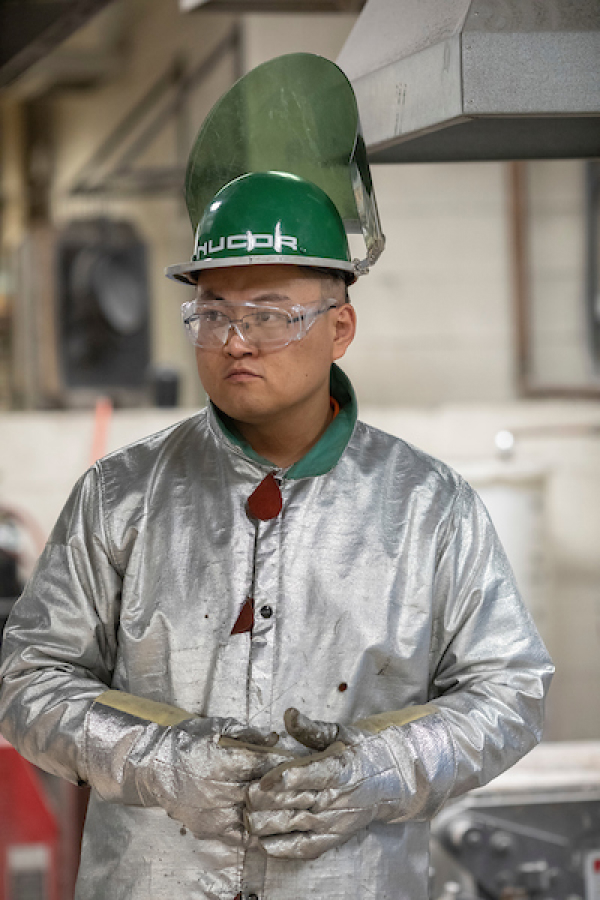Bachelor's Degree in Metallurgical Engineering
Earn a Bachelor's Degree in Metallurgical Engineering
As a metallurgical engineering student, you will delve into the fascinating world of metal extraction from minerals, recycled materials, and waste products.
You will also learn to design metallic materials with exceptional mechanical, physical, and chemical properties, and to produce high-quality components using carefully selected metals and alloys. With hands-on experience and a solid understanding of the principles that underpin metallurgical engineering, you will be well-prepared to tackle the challenges of this dynamic and exciting field. Join us and discover the endless possibilities of metallurgical engineering.
Want to Know More?
Get info on our program, scholarships, how to visit campus, admissions and more. Take the next step in solving for tomorrow!
Degree Information
Your Career in Metallurgical Engineering
With a metallurgical engineering degree, you will know about the extraction of metal from minerals, wastes and recycled materials, the design of metallic materials that possess desired mechanical, physical and chemical properties and the production of components from selected metals and alloys.
Metallurgical engineers help make products stronger, more durable, lighter weight and more energy efficient, especially when utilizing recycled materials rather than ores.
Starting Salary
The average salary for S&T students in the last year was $76,250.
Career Fields
- Aerospace
- Automotive
- Electronics
- Metal production
- Government and military research labs
Common Hiring Companies
- Army Research Lab
- Caterpillar
- General Motors
- Gerdau
- Nucor Steel


Follow Materials Science and Engineering